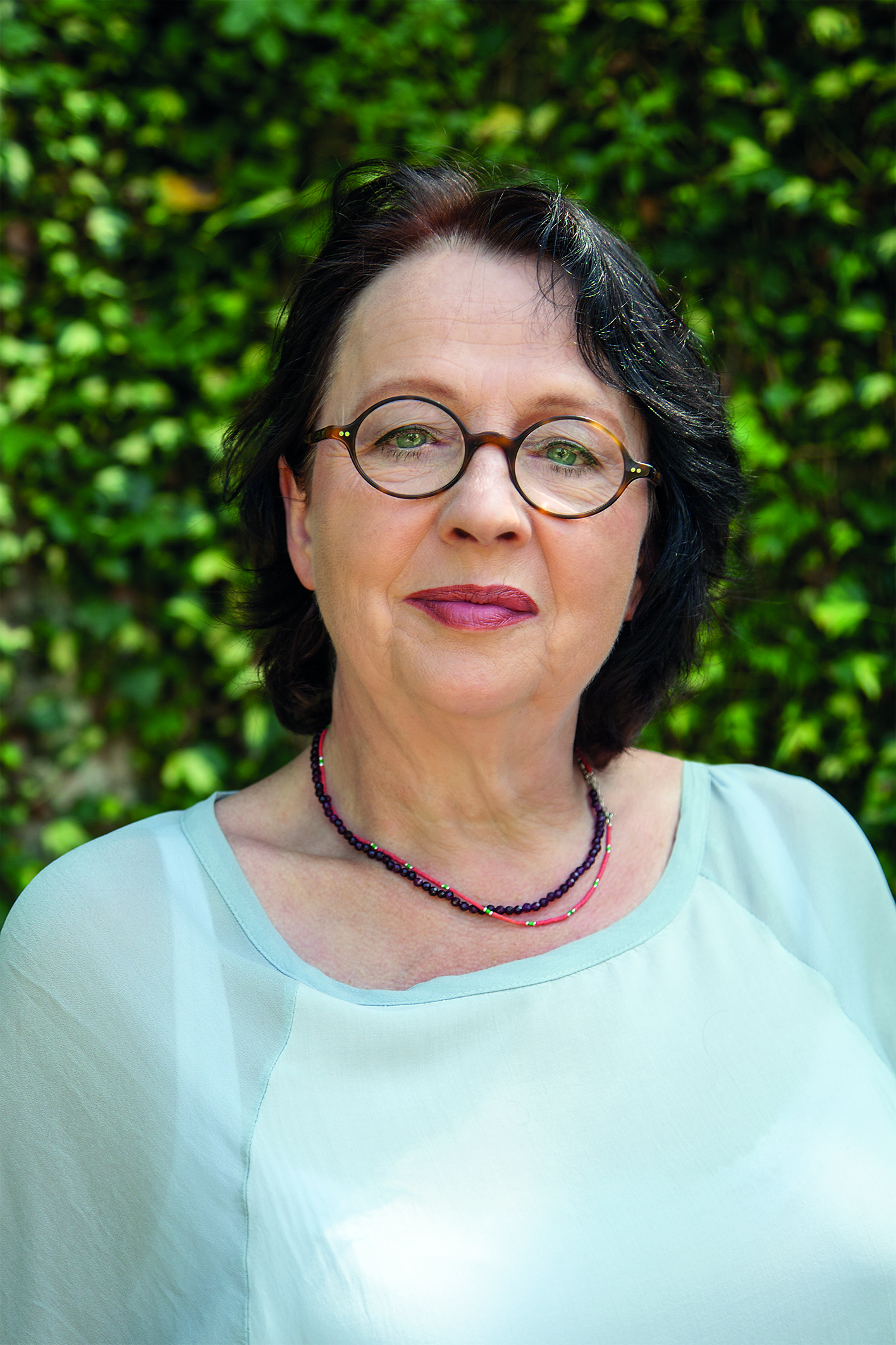
Katja Lange-Müller was born in 1951 in East Berlin. She was expelled from school for “un-socialist behaviour”. After school-leaving qualifications she first learned to be a type- setter and worked for four years at the East Berlin newspaper Berliner Zeitung, followed by six years of care-work in women’s psychiatric wards in Berlin. She then was accepted
to the Johannes R. Becher Literature Institute in Leipzig and continued her studies in the Mongolian People’s Republic. During her one year stay she also worked at the Wilhelm-Pieck carpet factory in Ulan-Bator. In 1984 she moved to West Berlin, where she still lives today. Katja Lange-Müller published her first book in 1986. Since then numerous novels, short sto- ries and radio plays have been published. She won major German literary awards including the Ingeborg Bachmann Prize, the Alfred Döblin Prize, and the Kasseler Literature Prize (for grotesque humour). In 2016 she was a visiting lecturer for poetics at Goethe University Frankfurt.
ANGRY SHEEP
Like the author herself, Soja, the anti-heroine and narrator of this novel, grew up in the German Democratic Republic and like her she can claim a mother who was a card-carrying Communist. We first meet her during her early months in West Berlin, but whether she left the GDR of her own free will or because she was expelled we are not told. She meets Harry by chance in the street, gets to know him little by little but never completely, and falls in love.
Harry spent ten years in jail for armed robbery, he is on probation, an ex-junkie, and in danger of being put back inside. Not exactly a pleasing prospect. Yet Soja, in the midst of her own drinking, casual sex and hassles with the police, beyond all reason decides to help him. Love can indeed be blind, and Soja’s certainly is. At night, when they curl up together in asexual tenderness, he admits her into parts of his life refused by him to any previous girlfriend while Soja stifles her instinctive mistrust.
The novel tellingly evokes the West Berlin of the 1980-ies. The underlying tone of melan- choly, of looking back, is tender, while the language is vibrant, alive and inspired, and the reader is left convinced that, despite her humour and sarcasm, Soja’s unhappy love affair was indeed the happiest time of her life.

